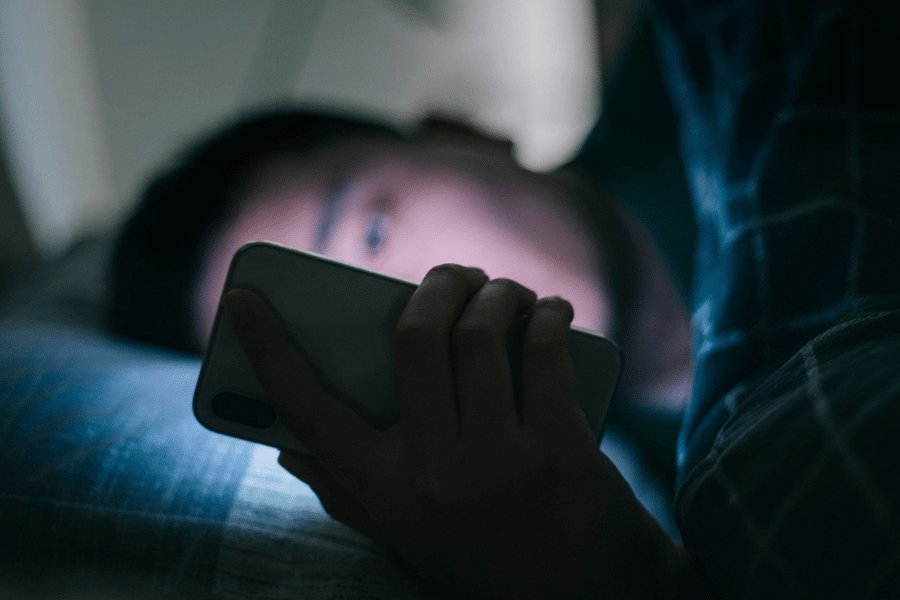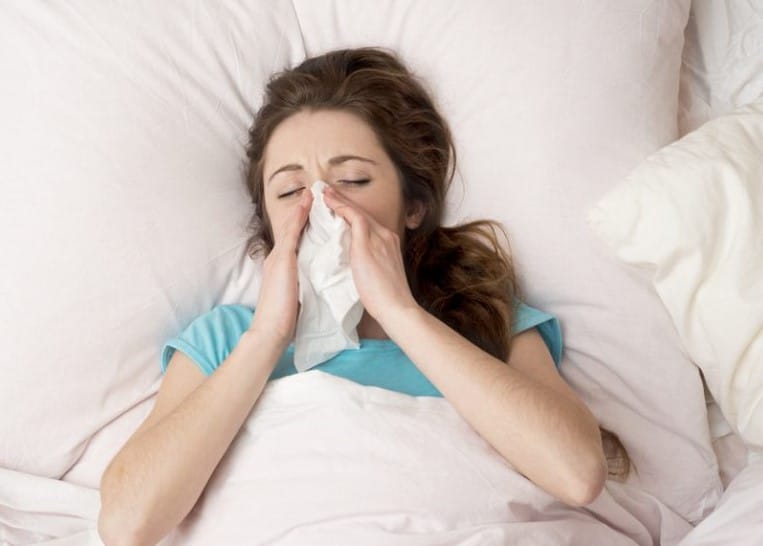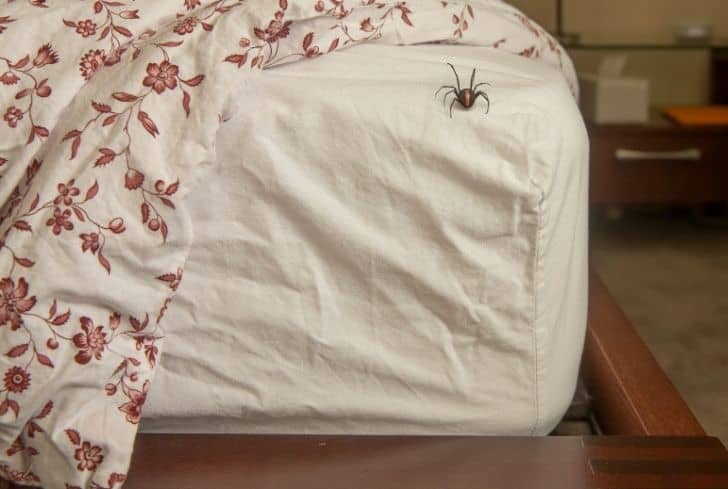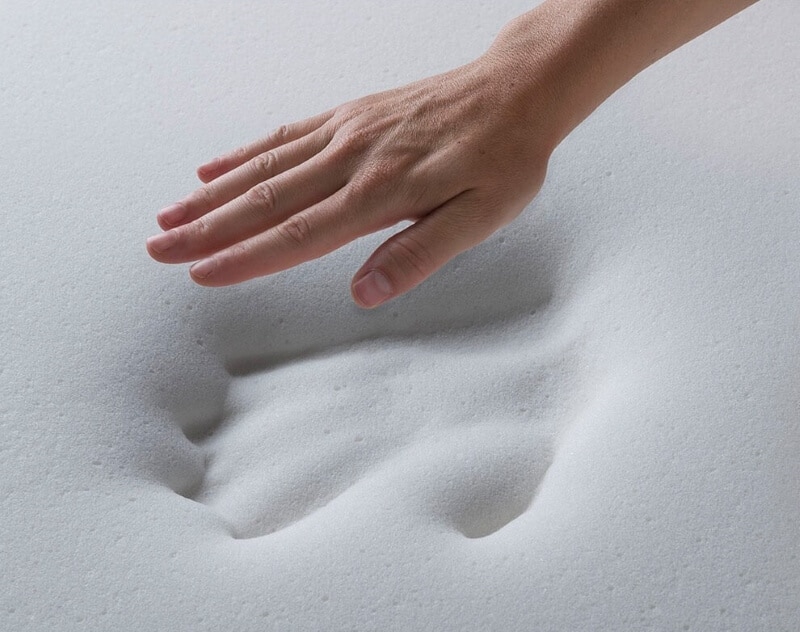

If your morning zombie ritual and relentless use of the snooze button are getting stale, there is relief. It all starts with determining the many factors why you can’t wake up in the morning and what you can do about it. However, there is hope and you can learn how to help your body wake up without an alarm.
You’re still not having enough sleep and should change your bedtime routine. There are remedies available if the morning sleepiness is caused by a sleep disturbance or another underlying illness.
Many people depend heavily on an alarm clock to help wake them up in the morning. Any adults use a phone alarm, radio with a timer, or a regular alarm clock. Using an alarm clock can trigger undue stress, particularly if you forget to set it the previous night.
Furthermore, using the handset as an alarm will lead you to mindlessly scroll through social media. Starting your day with a barrage of social media and internet prompts will have a negative impact on the remainder of the day.
Sleepers are looking to alternate methods for getting up rested, such as foregoing the alarm and establishing a new schedule. We’ll go into all of that and more in this article so you can become one of those perky morning people.
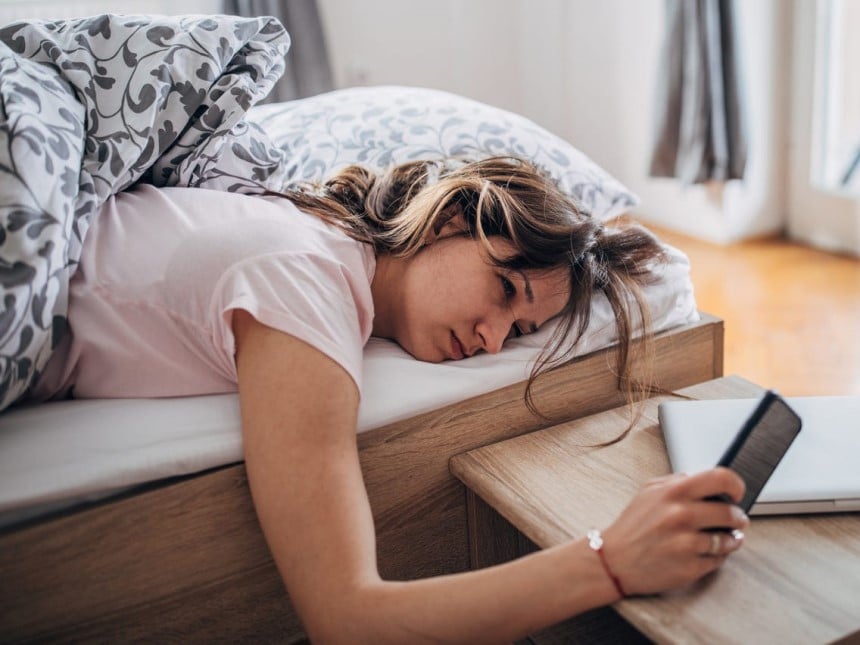
Work and school influence how we plan our days in a variety of ways, from day-care drop-off to commuting duration to what we eat and go to the gym. Most obviously, these responsibilities have an effect on when we get up and when we go to bed.
Humans need roughly eight hours of sleep a day, but most of us do not get that number.
However, as a result of the pandemic, more people are commuting from home, and we can use the recovered commute time to help sync our biological clocks.
Your aim here is developing a sleep habit, and comprehensive literature on habit forming indicates that repetition is needed for the mind to ultimately make such associations automatically. To put it another way, you must first put your body through consistency.
That means deciding on a time to set an alarm every day, even on weekends. This will help your body get the recommended amount of sleep every night.
Circadian rhythm responds to the SCN’s signals by increasing or decreasing the levels of different proteins and hormones within our body’s cells that promote or prevent waking up and being sleepy. When you begin to understand and map the circadian patterns will help you start waking up naturally without having to use an alarm.
You might have a vague understanding of the circadian cycle based on how you go through your daily life. It will help if you start to track when you feel sleepy and when you feel more alert during the day and receptive will help you become more aware of the normal sleep-wake cycle.
Find curtains that allow natural light to filter through in the mornings to assist you in naturally waking up. If you’re about to abandon your typical alarm clock but aren’t yet ready to get up on your own, a sunrise alarm clock will help you eventually wake up to artificial sunshine from your nightstand. If you don’t feel safe sleeping with the blinds open, or just find it unsettling, you can check out a wake up light. Trusted Source Best SAD light therapy lamps in 2021 | CNN Underscored We tested the top-rated SAD light therapy lamps on the market from brands like Verilux, Circadian and more to find the best options out there. www.cnn.com
Allowing the sun to shine through the windows in the morning is critical to developing a routine, which makes sense given how important light is to our circadian rhythm. Getting up at the crack of dawn is one of the most normal instincts on the planet.
Giving your daily routine something to be excited about is a smart way to make you get up on time. Incorporate practices that can make you feel energized and inspired, such as beginning the day with a simple yoga session or a nutritious breakfast. A good ritual to start with is making your bed every morning. Now you can look forward to it with some of these wrinkle-free sheets.
Eating a nutritious diet gives you more stamina and allows you to sleep well. On the other hand, foods that are commonly regarded as unhealthy will make you feel sluggish and deplete your energy.
Aim for a well-balanced diet rich in foods that boost your energy, such as fruits and vegetables, whole grains, and omega-3 fatty acid-rich foods.
If you still can’t get out of bed in the morning after attempting other approaches, or if you’ve found sleep disturbance warning signs, speak with your doctor for a referral to a sleep specialist.
Participating in a sleep analysis may aid in the diagnosis of a sleep disturbance that could be causing the morning exhaustion. If you feel that you need some extra help tracking your sleep, you can get a sleep tracker to help with that. The best sleep tracker we found is this sleep tracking pad.
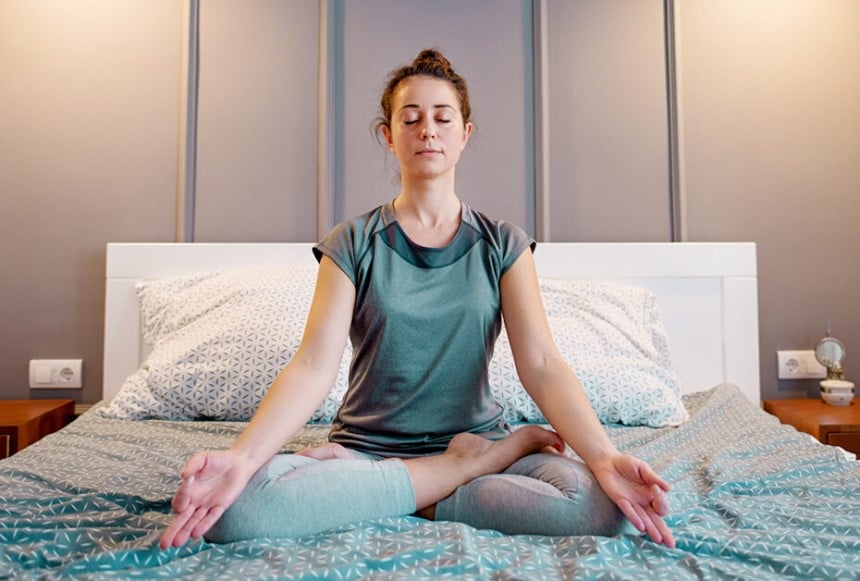
As a result, we suggest that smartphone devices be removed from the bedroom. The blue light produced by smartphones activates the brain while suppressing melatonin activity, the brain’s sleep chemical.
Can you wish you could wake up spontaneously in the morning, bright-eyed and bushy-tailed, without the use of an alarm clock?
But the truth is something like this: you wake up with a jolt to the harsh sound of your alarm, then turn over reluctantly and press the snooze button several times? When attempting to shake the groggy feeling and open your sleepy eyes?
Don’t panic. It is easy to awaken from a deep sleep every morning without the use of an alarm clock. What you have to do is teach your body clock to do so on its own.
We also have an internal body clock, also known as our circadian rhythm. This rhythm controls various bodily functions such as heart rate, hormone production, and body temperature. Both of these variables cause the body to spontaneously wake up and fall asleep at the appropriate times over a 24-hour period.
We are programmed as humans to have this cycle fall in step with the sunrise – that is, to wake naturally from sleep with the sun and fall asleep with the sun rising. However, due to the pressures of modern life, as well as other lifestyle influences, our body clocks get out of sync.
It is possible, however, to retrain the circadian rhythm to work on its normal cycle.
